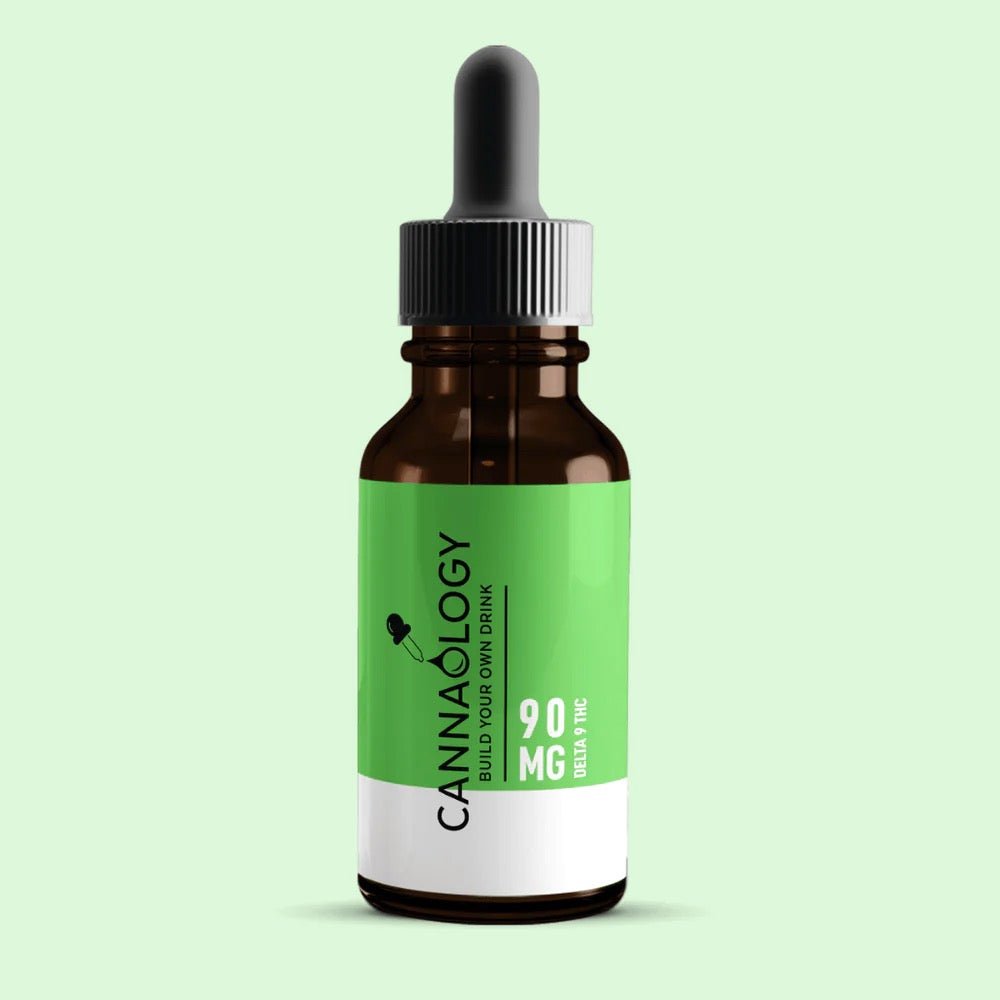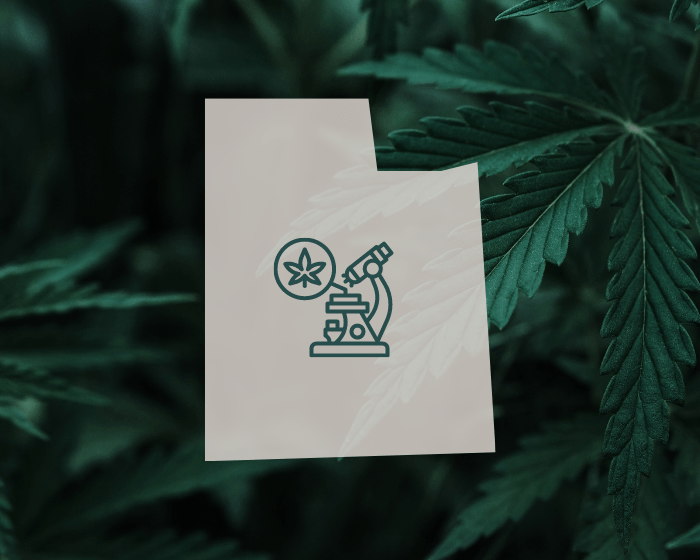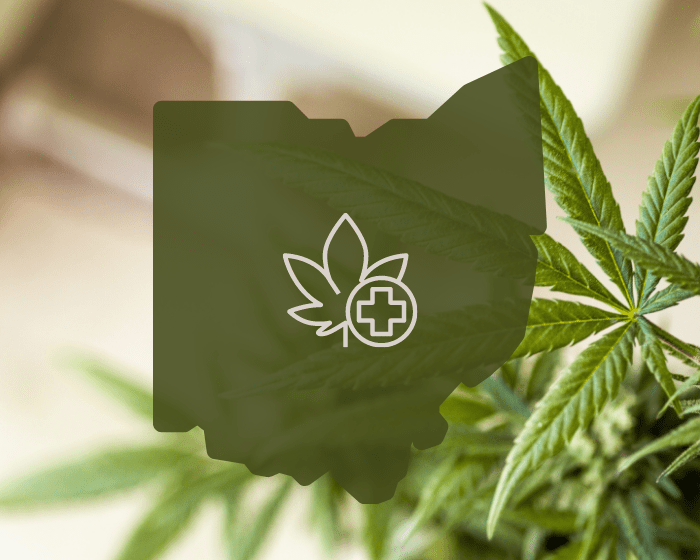
A bill introduced to Congress this week proposes expanding the definition of THC in hemp products to include delta-8 and other isomers, reports Marijuana Moment.
The Hemp Advancement Act revises language from the 2018 Farm Bill that limited delta-9 THC specifically. If passed, it could end legal sales of delta-8 gummies, vapes, and other hemp-derived THC products.
Delta-9, Delta-8 and Other THC Isomers
For anyone asking, “What’s the difference?”
Delta-9 THC is the most abundant naturally occurring form of THC produced by the cannabis plant. Until pretty recently, everyone just called it THC.
Delta-8 THC does occur naturally in cannabis, at low levels. However, the delta-8 on the market today is first extracted as CBD from hemp plants, then chemically altered to create the delta-8 molecule. It’s not explicitly illegal, and the federal Drug Enforcement Agency has said its current interpretation of the law is that delta-8 THC is not a controlled substance.
Other isomers like delta-10 and THC-O exist in a similar regulatory gray zone, and this bill would impact them in the same way.
The Hemp Advancement Act
Rep. Chellie Pingree (D-ME) filed the Hemp Advancement Act on Feb. 8, highlighting three points in the legislation, none of which were about delta-8 or other THC isomers.
“I just introduced the Hemp Advancement Act because the industry has been stunted by unworkable & overly complicated regulations,” she tweeted. "These 3 commonsense changes would create a clear path forward for the nation's hemp farmers & producers.”
The three changes Pingree refers to?
1. Raising the threshold for THC in unprocessed hemp plants, increasing the limit from 0.3 percent to 1 percent on a dry weight basis.
Because THC levels can increase between a field test and harvest, hemp farmers and processors have worried that they’ll unintentionally exceed limits.
Maine hemp farmer Geoff Nosach told the Portland Press Herald that the current THC limits push farmers toward premature harvesting.
“Under federal law, hemp farmers live in fear that at the end of a growing season their crop might test above the low THC levels mandated in the 2018 Farm Bill," Penelope Overton wrote for the Press Herald. “[…] A hemp plant that tests ‘hot’ would not intoxicate a consumer, [Nosach] said – it simply yields more valuable CBD extract.”
2. Allowing hemp to be tested in labs that aren’t registered with the DEA.
“Did you know there are just *two* DEA testing labs in all of New England and none in Maine?” Pingree tweeted. “My #Hemp Advancement Act would ensure growers have more testing options that are closer to home.
“To eliminate this DEA requirement would take away one more obstacle that farmers are currently facing,” Pingree told Marijuana Moment. “Again, it takes it out of this realm of, you know, ‘this is [about] dealing drugs.’ This is an agricultural crop. Let’s assess it for appropriate reasons, but we don’t have to make it so sinister that everything has to be done by the DEA.”
3. Allowing people with drug-related felonies on their record to get licensed to grow hemp.
“This ban treats hemp as if it was a controlled substance, and that people are trying to somehow engage in drug dealing or nefarious activities,” Pingree told Marijuana Moment. “As we all know, hemp is an agricultural crop, it has a whole different purpose. And like all agricultural enterprises right now, we have a labor shortage.”
The change Pingree didn’t mention could impact the industry more than the ones she did.
Under the Hemp Advancement Act, THC would be measured as a total of all isomers in finished hemp products: delta-8, delta-9, delta-10, and “the optical isomers of such substances.’’
And according to language in the bill, the total THC limit for finished products would remain 0.3 percent. This would effectively make delta-8 and delta-10 products in their current form illegal across the nation.
“[T]he legislation could upend the market for products containing them,” Jaeger wrote for Marijuana Moment.
The U.S. Hemp Roundtable and other hemp and herbal associations have offered support for the bill.
Jonathan Miller, general counsel for the U.S. Hemp Roundtable, told Marijuana Moment the bill is, overall, “very important as a way to redress some of the flaws of the 2018 Farm Bill and learn the lessons from the last four years of hemp growing and improve upon them.”
Of the new limit on THC isomers, he added: “It was something that none of us who were involved in the 2018 Farm Bill really knew about to any degree, and has been seized as a loophole.”







































